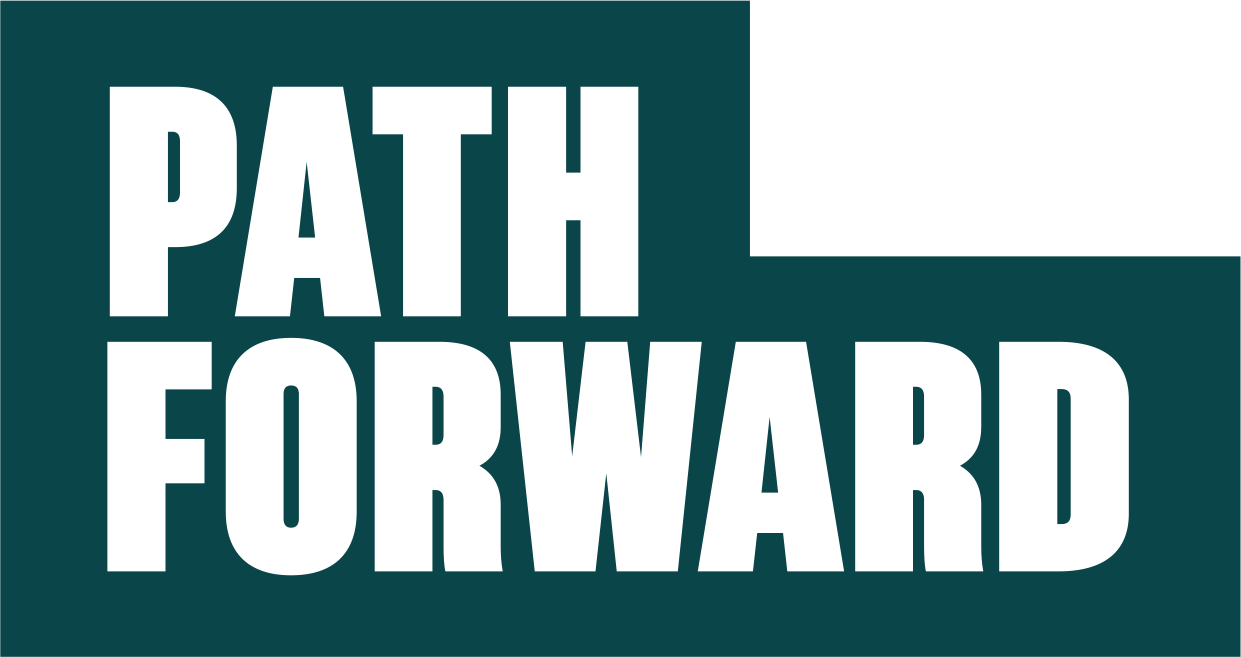To Discern or To Judge — That Is the Question
Discernment or judgment? What’s the difference? A key to great leadership …In Jim’s blog post last week, he wrote, “the ability to detach and observe, with discernment but without judgment, is a fundamental leadership skill.” He was right on. Let me illuminate the distinction.Discernment, quite simply, is assessing what works and what doesn’t — understanding what’s in the best interests of (fill in the blank here: my relationship, my team, my career, my organization …).Judgment, on the other hand, is making people wrong, bad, or evil.Judgment is destructive. It blames; it attacks the past. Discernment is generative. It strategizes; it clears a path toward the future.Judgment is black-or-white. Discernment, endless shades of gray. Discernment is more complex, more challenging, but offers a much more accurate map of reality.Our minds label and categorize. That’s what they’re programmed to do. Our egos want to create simple labels — prejudices, stereotypes, judgments. These feel good; they create order in our world. But they don’t serve us well, because the map they draw doesn’t fit reality well. Thus discernment represents a higher level of moral and cognitive development.In politics — whether you’re a Democrat or Republican — the other side is always wrong; we’re always right. The other side lies; we tell the truth. What a simple view of reality! Yet how well has it served the Congress? How effectively do they work?When people are judged, they shut down. They lose their motivation, not to mention the willingness to collaborate. When leaders make others wrong, they lose critical opportunities — to learn from those they judge — after all, nobody’s wrong all the time — and to help them learn in turn.One last point: we’re told, often in workshop settings, to suspend our judgments. Wrong! It can’t be done. The mind will do its thing. What we can do is to learn to work effectively with our judgments — such as suspending the expression of our judgments, and observing the judgments we make and working to transform them into something more positive…
YOUR PATH FORWARD: For one day, train yourself to notice whenever you have a judgment of another — a thought that makes someone wrong, usually tinged with negative emotion like anger, disgust, or frustration. Just notice that judgment; observe yourself judging. Then imagine what it might be like to transform it into a quality of discernment that remedies, that strategizes, that finds possibility. To do so, try asking yourself, “How can I best use what I’m feeling to help this individual become more effective?”
